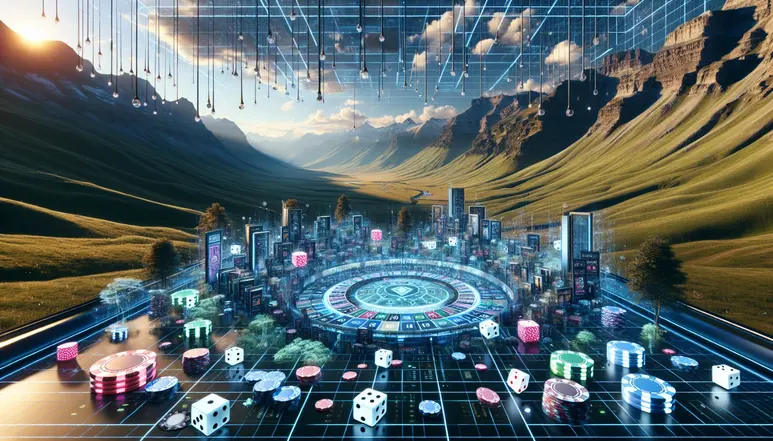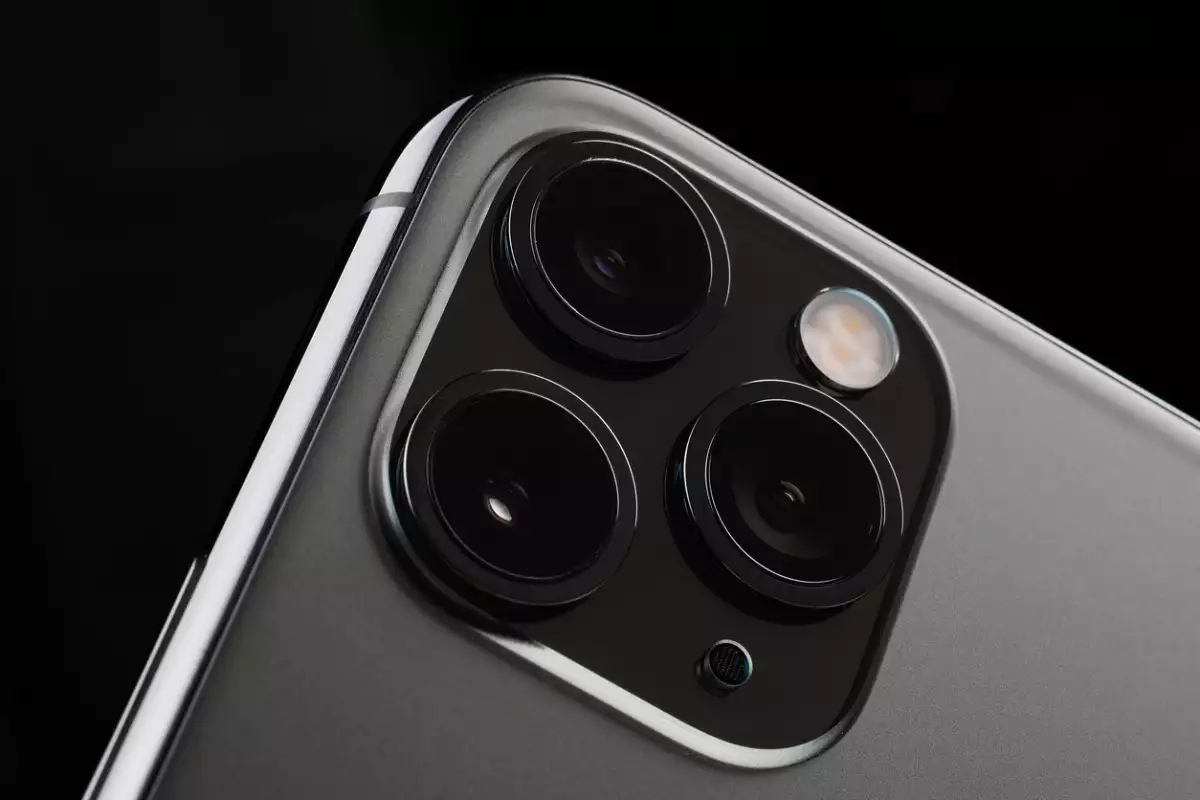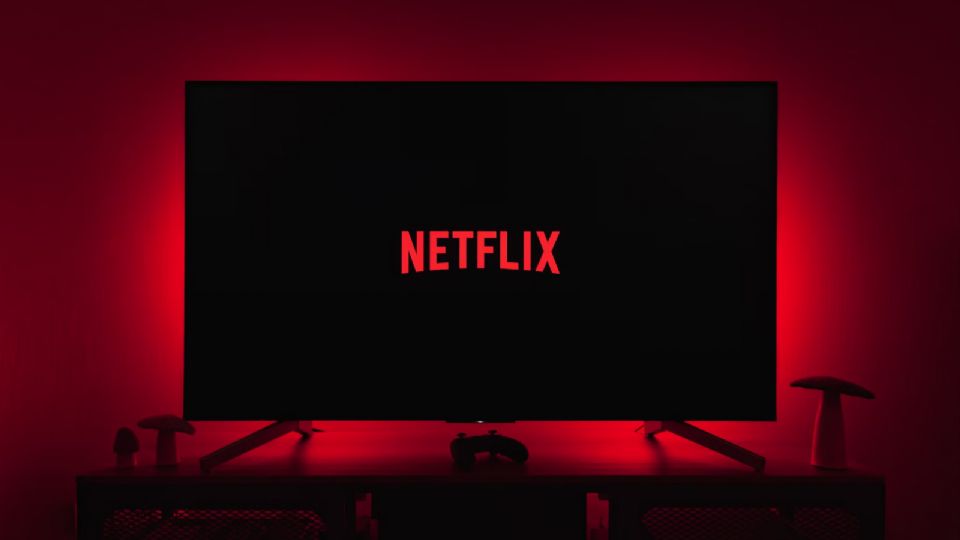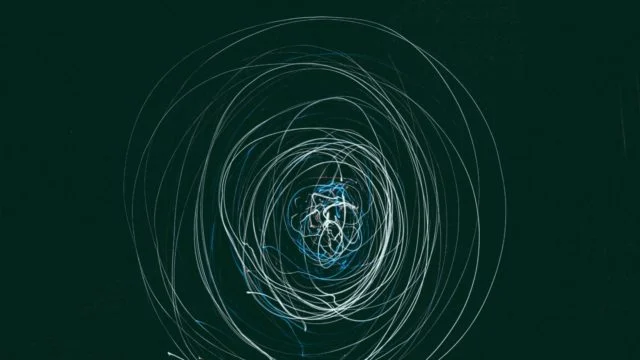
The future of the entertainment industry and artificial intelligence
Although we are at the beginning of content generated by artificial intelligence, entertainment will soon have to be fundamentally rethought.
But this is just the beginning, because artificial intelligence will gradually take over the entertainment industry and in a few years it will become the norm. Doing a little futurology, we can glimpse four moments.
Computational creativity . We are at this point. We use technological tools to create small ideas that occur to us. Thus, we ask robots to illustrate a description that we make with words or to create some tunes or to write essays or scripts on topics that we do not know. At this point, artificial intelligence depends on the inputs that humans provide and creation is limited to our orders
Replacing performers . Deep Fake technology became popular a few years ago and not only left us amazed, it also alerted us to the dangers of replacing a person's face or voice. Today, these applications show us other approaches, as on social networks we can see short clips where contemporary actors interpret iconic movie scenes; or deceased singers interpreting melodies that they never sang.
In short, Deep Fake technology will not only allow us to replace voices or actors in a movie, it will allow us to choose them. That is, in the logic of video games and the skins we put on avatars to personalize them, we will be able to choose who will perform the recently released movies or who will be the voices of the album that that band just released. In this way we will be able to see our favorite actors or singers creating new material for us, no matter how improbable the combinations are.
Creating content on demand . Once computational creativity technologies reach a certain rigor and performance, they will then be able to create exclusive content for us according to our requests. For example, we can request that they make a horror or science fiction movie, with certain actors, in a certain language, with certain levels of violence or fantasy, and that we even play certain roles. Or that they write a novel for us based on the style of these writers or make a music album with the styles of the creators we choose. Even that they develop a video game with the features we like.
Reading emotions . Social media and platform content distribution algorithms are becoming more accurate and are learning to read our emotions more precisely. Add to that facial recognition and heart rate readings, as well as voice inflections, and robots will easily be able to recognize what types of content we need at a given time based on our mood. We wouldn't even have to ask for it, robots would know what we need and when we need it.
In this sense, creative industries would necessarily have to rethink their reason for being and the way in which they would have to coexist with technologies; therefore, the entertainment industry may enter a crisis, however, the way out lies in the creation of new experiences and uses that together will allow all these technologies.
Leave a comment:
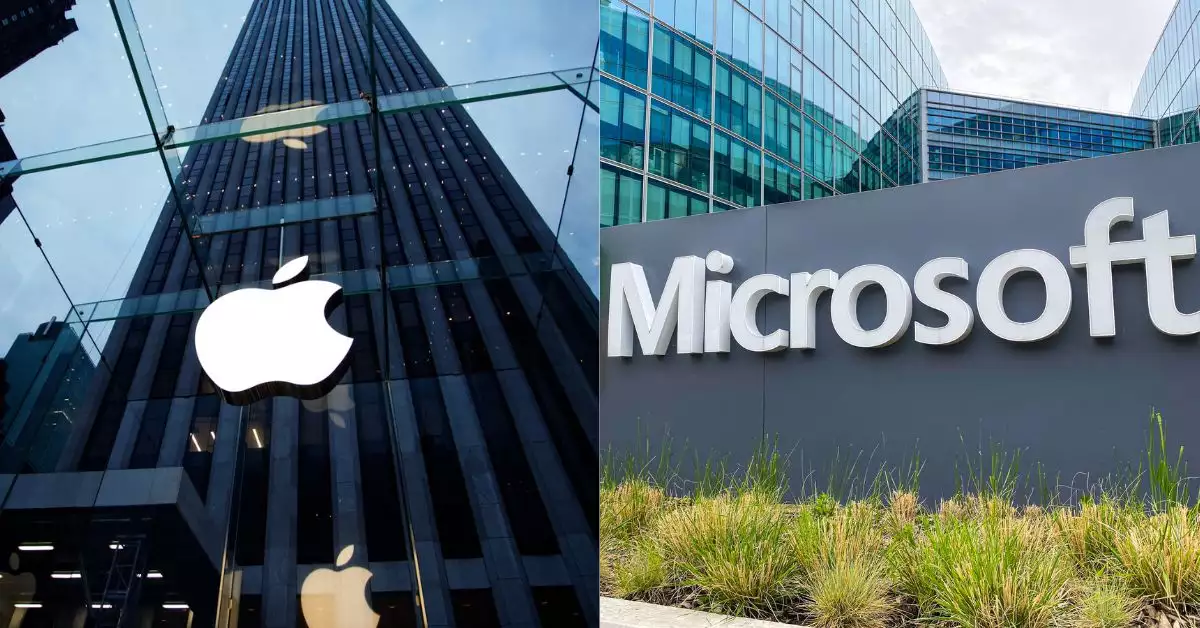
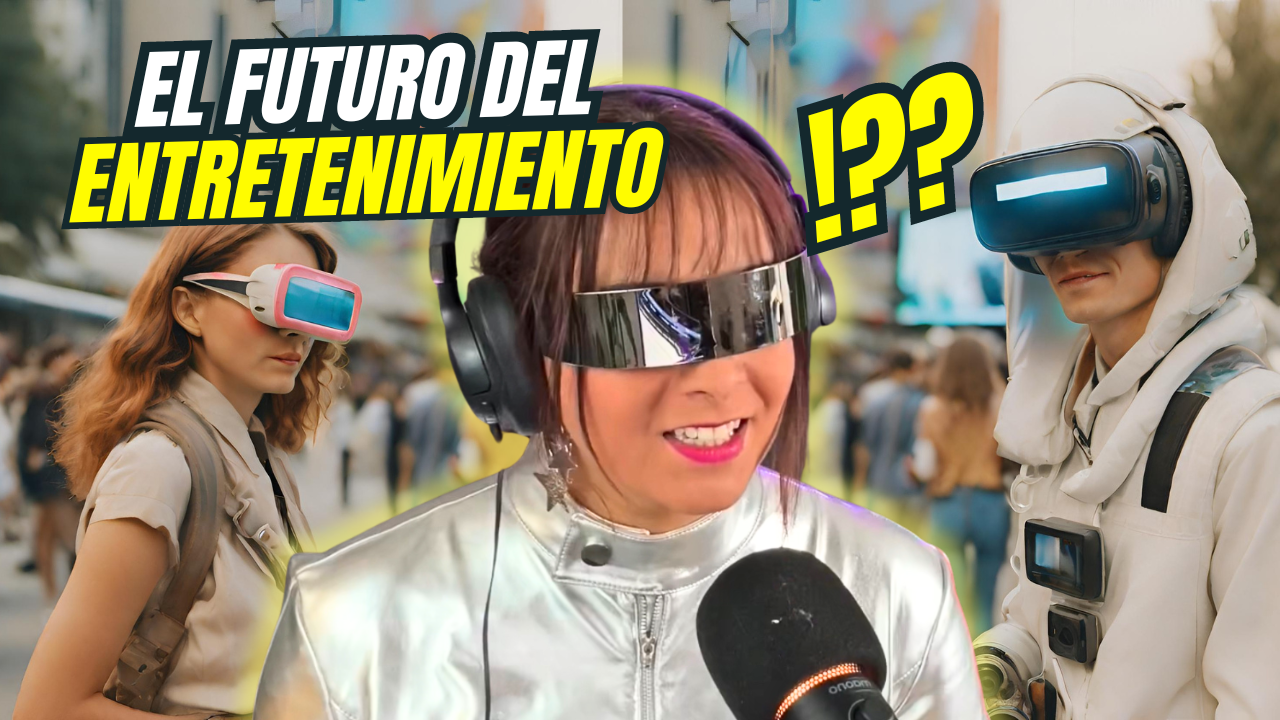
Tranding News




